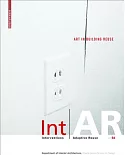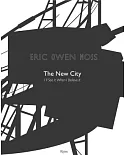Cities are responsible for three-quarters of the world’s energy consumption. If we are to reduce our demands on the planet’s resources how can we make our urban areas more energy efficient? One
way is to refit existing buildings with more thermally efficient building materials. But such retrofitting involves significant issues of social acceptance and public participation.
Retrofitting the City provides an important corrective to the assumptions that have been made concerning the ability of people and places to cope with such residential transformation. Drawing
upon case studies from a number of European cities that have undergone far-reaching change in their built environments, the author shows that supposedly inadaptable people and places show a
strong, if often hidden, degree of flexibility in responding to economic change and building transformation.





















